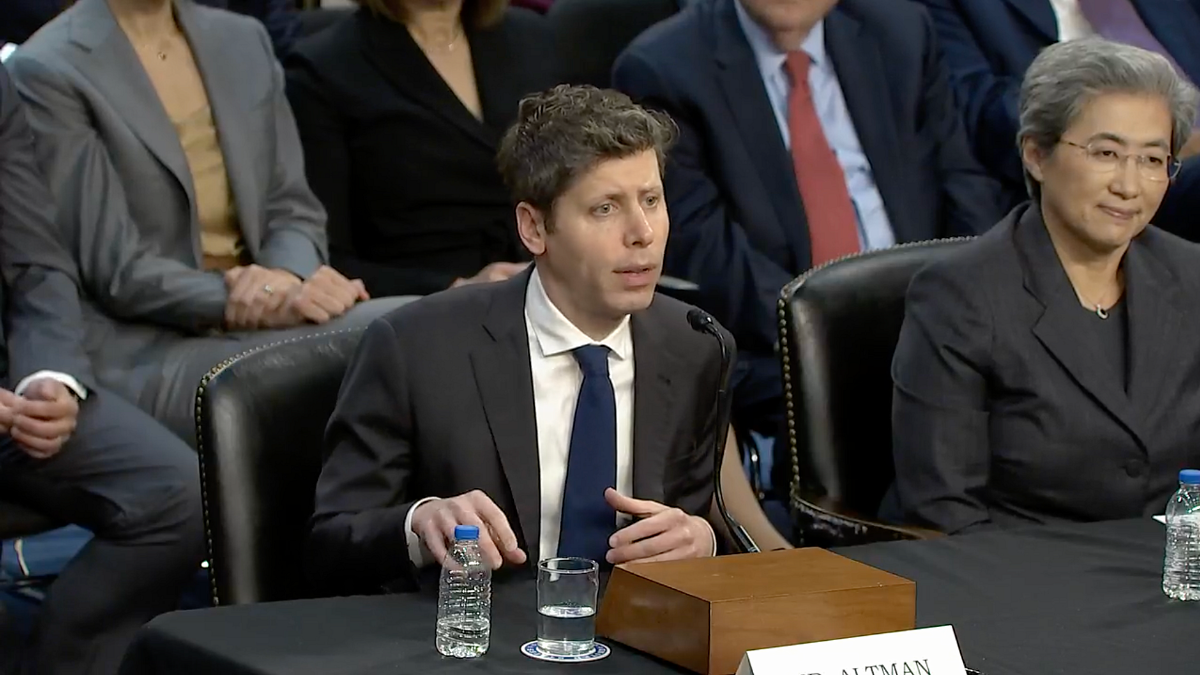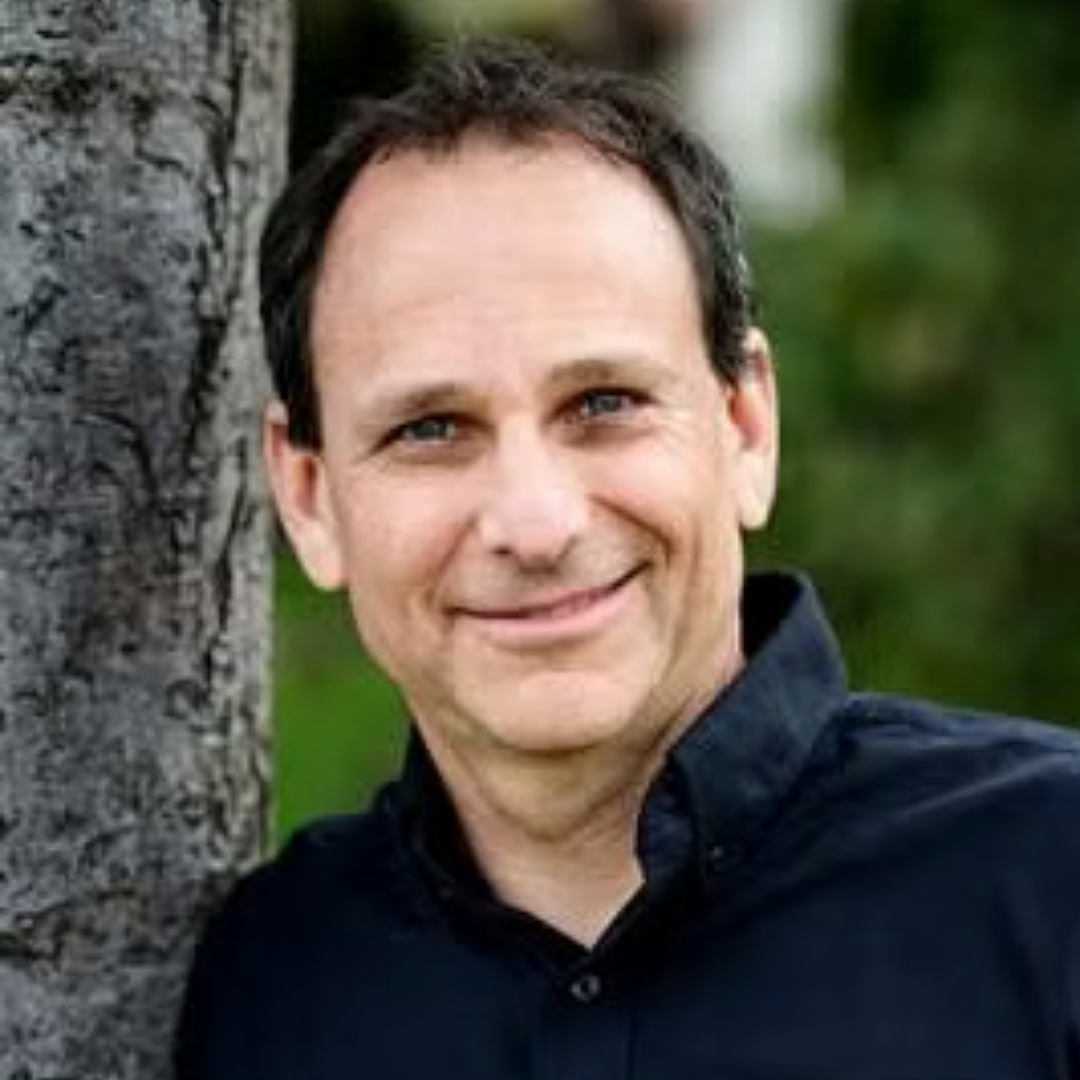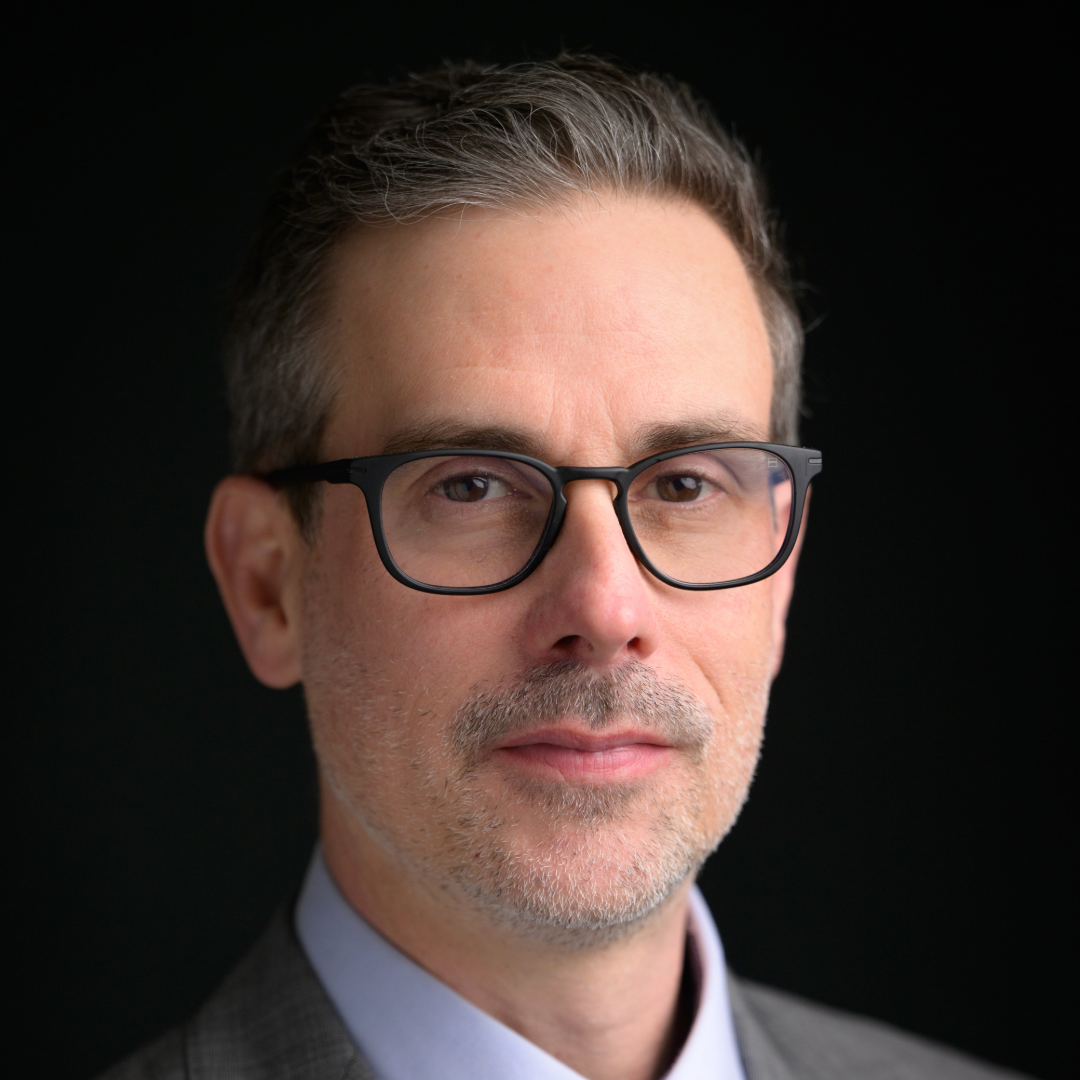OpenAI Must Remain Accountable to the Public and its Charitable Purpose
Michael Dorff, Tyler Whitmer / Jun 11, 2025The authors are signatories to an open letter to California Attorney General Rob Bonta and Delaware Attorney General Kathy Jennings regarding OpenAI's proposed restructuring.

May 8, 2025—OpenAI cofounder and CEO Sam Altman testifies at a United States Senate Committee on Commerce, Science, and Transportation hearing titled “Winning the AI Race: Strengthening US Capabilities in Computing and Innovation.”
Artificial general intelligence (AGI) is a contested concept. Experts disagree on what the term means, whether it will ever be achievable, on what time frame, and even whether it is a goal we should be pursuing at all. Putting these debates about AGI aside for the moment, another fundamental question may have a real impact on the governance of one of the most significant companies engaged in the pursuit: If AGI is developed, who should benefit from it?
Everyone, at least according to OpenAI’s charitable mission. OpenAI has structured itself as a business owned and operated by a nonprofit whose mission is to ensure AGI is safe and benefits all of humanity. By law, the business’s duty to the nonprofit’s mission comes before any commercial interests.
Last year, however, OpenAI announced that it intended to restructure so the nonprofit could hand over the reins of developing and deploying AGI to a for-profit public benefit corporation (PBC)—a business organization type that must balance profit and social purpose—putting the primacy of the nonprofit mission at risk.
We co-signed a letter with 30+ other signatories, including legal experts, Nobel laureates and ex-employees of OpenAI, asking the Attorneys General of Delaware and California to stop the proposed restructuring. Then, OpenAI announced that, in response to concerns from the Attorneys General and civil society, it was revising its restructuring plans so the nonprofit would “retain control of OpenAI.”
OpenAI has said a little about what that means, claiming the nonprofit board will have “sole power to appoint PBC directors, the power to remove PBC directors at any time, for any reason, and consent rights over significant PBC decisions, including changes to the mission and any sale or other change-of-control transactions.”
So, is this a win for humanity? It depends.
Based on the details provided, OpenAI’s mission would play a much weaker role in the new structure. More needs to be done to ensure the restructuring preserves the legally enforceable obligation to advance the charitable mission above all else and maintain the public’s rights to AGI, as we explain in a follow-up to our initial open letter.
First, nonprofit control over who sits on the PBC’s board does not guarantee the nonprofit can prevent OpenAI from making profit-motivated decisions that harm the public. And while the consent rights OpenAI touts are necessary to protect the nonprofit’s mission, they are far from sufficient to maintain the level of control the nonprofit currently has over the development and deployment of OpenAI’s technology. Currently, OpenAI is required by its governing documents to prioritize the nonprofit’s charitable mission, ensuring that AGI is safe and benefits humanity, ahead of any obligation to generate a profit. To preserve this absolute priority of the charitable mission, OpenAI must explicitly write it into the charter of the proposed PBC. While PBC boards must consider public benefits when managing the PBC, Delaware law permits a PBC’s board to choose profit over purpose. Even PBC directors chosen by a nonprofit may do so.
Second, the restructuring must ensure that someone truly independent with the resources and incentives to protect the public interest can enforce OpenAI’s obligation to prioritize the nonprofit’s mission over profits. This could be the Attorneys General or an independent commission of subject-matter experts in AI. Right now, the Attorneys General of Delaware and California can sue the nonprofit to ensure it manages OpenAI’s business in a manner that furthers its charitable mission because the nonprofit exercises direct control over the operating company. If the proposed restructuring goes through, the Attorneys General could lose their power to enforce the mission. The AGs will still be able to supervise the nonprofit, but the AGs may find themselves commanding a body that lacks the power to execute their judgment.
Finally, to fulfill its promise to act as a leader in ensuring AGI is developed safely and for the benefit of all, OpenAI should use the charter of the PBC to put more detail into what it means to ensure AGI is safe and what it means for AGI to benefit all of humanity. This will help OpenAI hold itself accountable, serve as a role model for other AI companies, and provide a template for future government regulation of this new and potentially transformative technology. And because the PBC’s charter is enshrined in its publicly filed articles of incorporation, it will make those commitments public and durable.
It is up to the Attorneys General of Delaware and California to ensure that OpenAI’s restructuring maintains the primacy and enforceability of the nonprofit’s charitable mission, which is to ensure that AGI is built safely and benefits all of humanity. It appears that the Attorneys General are focused on the right issues, and the Board is listening to critics. But OpenAI must commit to more than what it has disclosed so far for this restructuring to preserve the public interests that OpenAI originally promised to steward.
Authors

